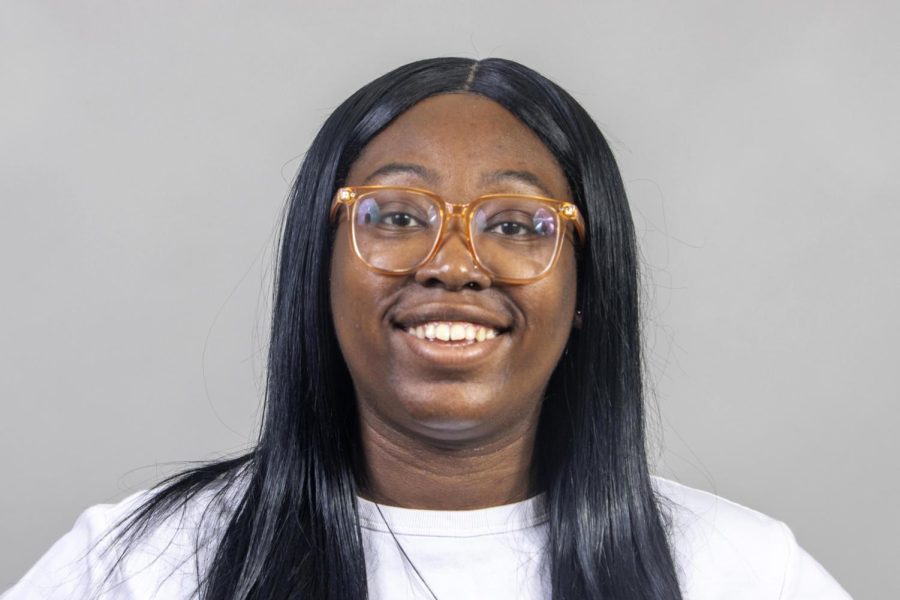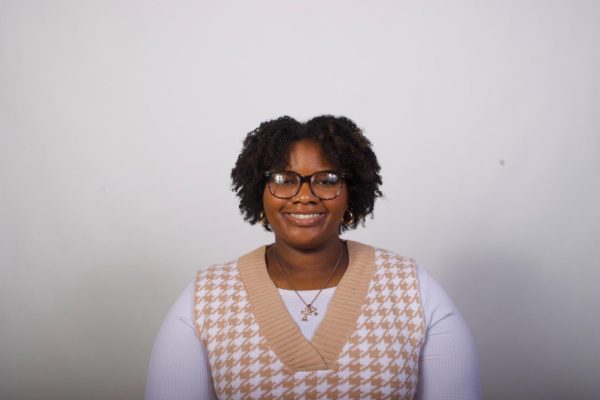COLUMN: Is the school system fighting against us?
Kyla Moton is a junior English major and can be reached at 217-581-2812.
February 5, 2023
We aren’t even a full week into Black History Month and there is already a push to keep black history out of our schools for whatever reason.
School should be a place of refuge for our children. It consumes most of their day from the time that they can walk until they decide that they can no longer take being in school.
I have been going to school since I was about 3 or 4 years old. I’m currently 21, so I have been out of middle school and high school for some years now.
Black history has become so lackluster in our schools and multiple states and their governing bodies are trying to prevent these stories of our Black leaders from being told.
What made me think about this topic is two things. The first thing was what I have been reading regarding the Florida school system. First, we know that most teachers who teach K-12 have libraries in their classrooms.
The Florida school system will not allow teachers to have class libraries unless a certified librarian or someone from the school district can go through every book in the library to make sure there are no books that they disapprove of.
Some of these books were banned by the Duval County School District at the end of 2022. These books include I Am Jazz, written by Jazz Jennings.
Jazz Jennings is a 22 year old transgender woman who has been documenting her journey since she was 6 years old. She has since become an advocate for LGBTQ+ rights and well as educating others on the LGBTQ+ community and how we can help support them.
Because of the subject matter regarding LGBTQ+ as a topic, the book cannot be in class libraries or any libraries within the school district.
Another book that has been banned by the Duval County School District is titled The Life Of Rosa Parks.
This is part of the suppression of critical race theory in classrooms. We are preventing children from learning about a female Civil Rights activist who fought for her right to sit wherever she wants to sit.
Even though they’re banning the book, they probably still won’t try to teach it in their classrooms.
But, the Rosa Parks book partially ties into the other reason I wanted to discuss this topic. Ron DeSantis, Republican governor of Florida, openly condemned and criticized the curriculum of AP African American Studies.
AP, or Advanced Placement, courses are created and facilitated by the College Board, the overseers of AP exams and the SAT, a college entrance exam taken by high school students.
AP African American Studies sounds like an amazing course in learning true African American history, both before our time and in the present day.
It was not a course offered in my high school, and the fact that some high school students had the luxury of taking a course such as this is a privilege. Unfortunately, Ron DeSantis did not agree with all of the topics covered in this course.
He believes that there is not enough educational value in the course, pointing out that things like “post-racial racism” and “Black Queer Studies” are not beneficial to the course or the students taking it.
Well, that’s just Florida, right? Wrong.
The College Board heard these concerns from DeSantis and went on to chop up the curriculum of AP African American Studies for schools across the country. This was, simply, a cop out and a stab at Black history.
Cutting out parts of this course is doing a disservice to students when it comes to learning about Black history.
Taking topics about Black history out of a Black history course isn’t really teaching about Black history at all! It is infuriating to see that College Board caved in for a couple of complaints regarding the curriculum of this course.
The thing about it, though, is that this should not reflect AP African American Studies for all students across the country. It’s just another way that the school system showcases their racism, whether they want to admit that is racism or not.
Our students are missing out on fundamental knowledge, especially our African American students. The constant want to suppress Black history and Black voices has got to stop, especially in our schools.
Teachers are currently teaching the next lawmakers, the next judges and lawyers, and even the next teachers. It would be best for them to have a well-rounded education, and Black history is American history.
The constant threat against Black history in our schools needs to change as soon as possible, because as of now, the education system is falling apart at the seams.
Kyla Moton is a junior English/creative writing major. She can be reached at [email protected] or 217-581-2812.
















































